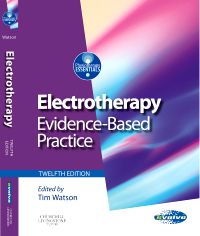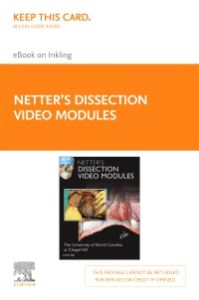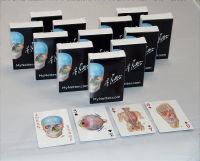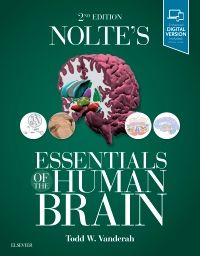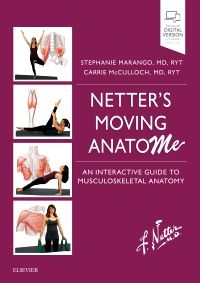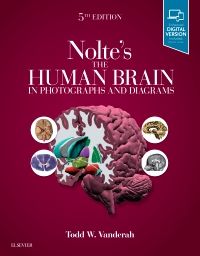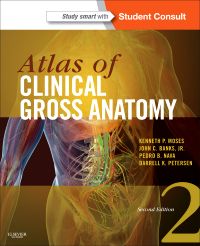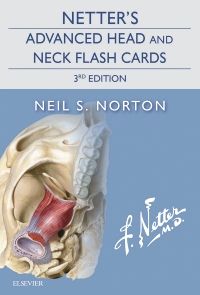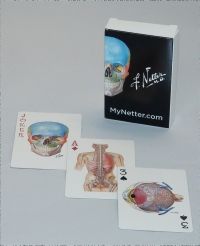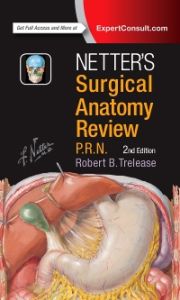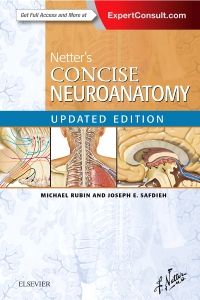With a new editor at the helm, Electrotherapy: Evidence-Based Practice (formerly Clayton’s Electrotherapy) is back in its 12th edition, continuing to uphold the standard of clinical research and evidence base for which it has become renowned. This popular textbook comprehensively covers the use of electrotherapy in clinical practice and includes the theory which underpins that practice. Over recent years the range of therapeutic agents involved and the scope for their use have greatly increased and the new edition includes and evaluates the latest evidence and most recent developments in this fast-growing field.Tim Watson brings years of clinical, research and teaching experience to the new edition, with a host of new contributors, all leaders in their specialty."An essential text for any student wanting to underpin the theory behind electrotherapy. The beginning of the book is largely concerned with the principles of electrotherapy, with the latter chapters dealing with each modality individually. Contraindications are clearly highlighted for each modality, as is the evidence base for the effectiveness of the treatment." - Laura Culpan, Physiotherapy student, University of Bradford, UK
Key Features
- Evidence, evidence, evidence!
- Contributions from field leaders
- New clinical reasoning model to inform decision making
- All chapters completely revised
- New layout, breaking up what is sometimes a difficult subject into manageable chunks
- Part of the Physiotherapy Essentials series - core textbooks for both students and lecturers
- Online image bank now available! Log on to http://evolve.elsevier.com/Watson/electrotherapy and type in your unique pincode for access to over 170 downloadable images
Author Information
Edited by Tim Watson, PhD, BSc(Hons), MCSP, DipTP, Professor of Physiotherapy, University of Hertfordshire, UK
Section 1: Introduction and scientific concepts
- Introduction: current concepts and clinical decision making in electrotherapy
- Electrophysical and thermal principles
- Electrical properties of tissues
- Tissue repair
- Sensory and motor nerve activation
- Physiology of pain
- Thermal effects
- Low-energy treatments: non-thermal or microthermal?
Section 2: Thermal and non-thermal modalities
9. Heat and cold application10. Pulsed and continuous shortwave therapy11. Low-intensity laser therapy12. Therapeutic ultrasound
Section 3: Electrical stimulation modalities
13. Introduction to low-frequency currents14. Neuromuscular electrical stimulation: nerve-muscle interaction15. Neuromuscular and muscular electrical stimulation16. Trascutaneous electrical nerve stimulation (TENS) 17. Interferential current18. Functional electrical stimulation19. Electrical stimulation for enchanced wound healing
Section 4: Ultrasound imaging
20. Musculoskeletal ultrasound imaging
Section 5: Contraindications, dangers and precautions
21. Guidance for the clinical use of electrophysical agents 2006
Index
"Having attended a lecture by Tim Watson last year, I can wholeheartedly say what a great choice of editor. This book starts by explaining clearly and simply the concepts behind electrotherapy which, for those of us lacking in the physics area, is greatly appreciated. Each chapter includes a good range of references - helpful in an evidence-based book! Online information includes an image bank which has a good selection that you can use in your presentations but this resource could have been expanded to include some assessment tools to test knowledge. This book can be utilised by students, practising physiotherapists or in fact anyone with an interest in electrotherapy: it has something for all. It is simply enough explained for the novice but with enough depth for those with a bit more experience. If you want a good book that you will not outgrow too quickly and that you will continue to refer to, then this is the one." - Linda Wilkinson, Physiotherapy Student, University of Southampton, UK."Coming to the subject from a non-technical background, this electrotherapy text was definitely the right one for me as it doesn't get too technical or complicated. I'd recommend this book for anyone trying to get to grips with the subject."- Mayuri Butchart, Physiotherapy Student, King's COllege London, UK.“In summary this textbook provides an excellent up to date, evidenced based yet clinical relevant textbook encompassing all aspects of electrotherapy theory, a must for students! Not only does this underpin practice this also is needed for written exams!! - Wayne Kitchener, Physiotherapy Student, King's College London, UK.




